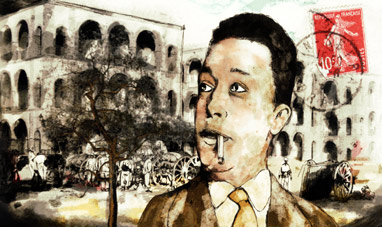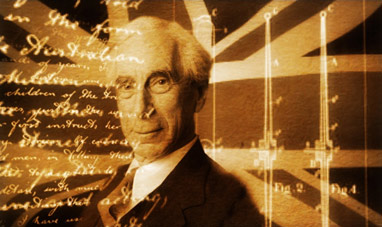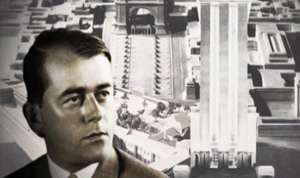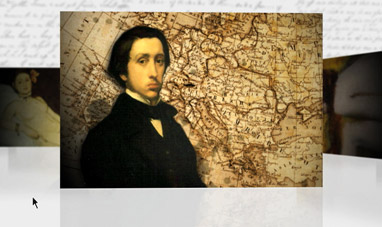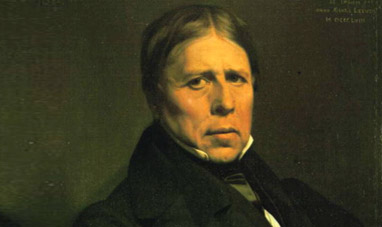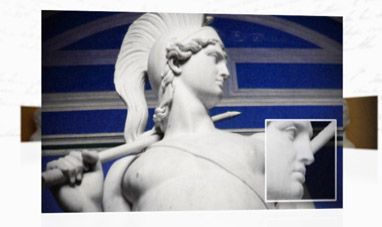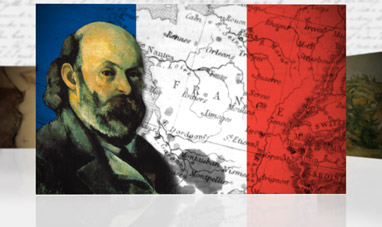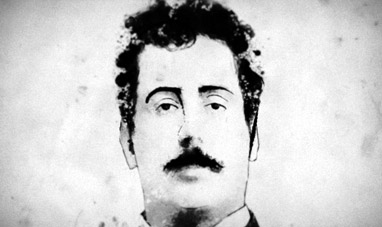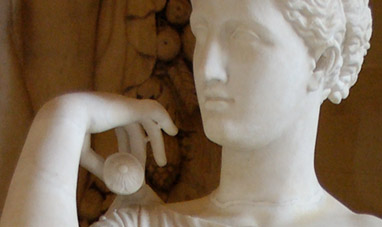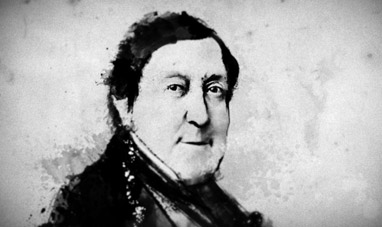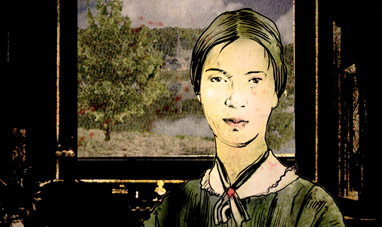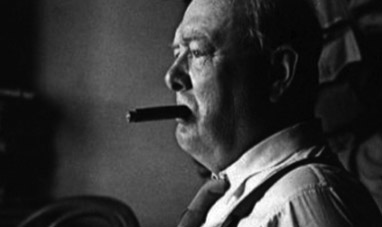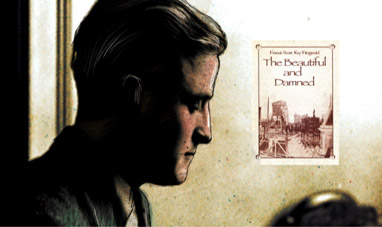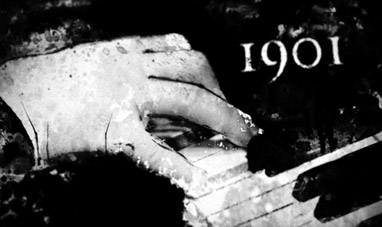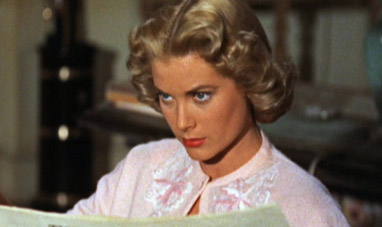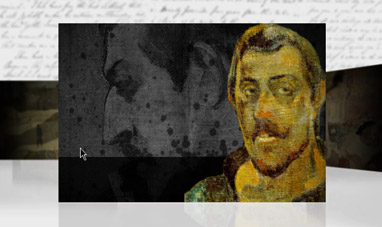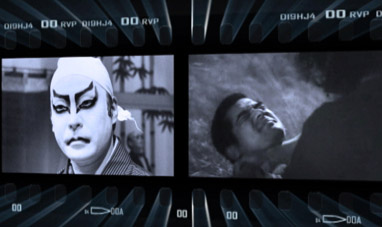Günter Grass is one of the most important living German writers. He was born in Gdańsk on October 16, 1927 to a German father and a Polish mother. When he was 15 he volunteered for submarine service in the navy. After being turned down, he enlisted in the SS towards the end of World War II. He was not in the war for very long, but he wound up in an American POW camp, where he worked in the mines for two years, learning stonemasonry. Upon his release he studied sculpture and graphic arts, first in Düsseldorf and then in Berlin.
Grass began to write poems. In 1955 he was invited to read his work at a gathering of Group 47, a literary group attempting to revitalize German culture after the Nazi years. Other notable members of the group included Heinrich Böll and Hans Magnus Enzensberger. In addition to poetry, Grass wrote the plays Uncle, Uncle and Twenty-Two Teeth, considered part of the Theater of the Absurd. In 1956 he and his wife, the ballerina Anna Schwarz, moved to Paris, where he started work on The Tin Drum. Published in 1959, the novel earned him instantaneous and international acclaim. The main character, Oskar Matzerath, tells his story from the moment he decides, at age three, to stop growing. From that point on, rapping on his tin drum, he decries the horrors and foolishness of humanity.
Together with Cat and Mouse (1961) and Dog Years (1963), The Tin Drum makes up the Danzig Trilogy, a series of portraits of the German petty bourgeois before and during World War Two. Returning to Berlin in 1960, Grass became active in political life, supporting the Socialist Party while continuing his work as a writer, sculptor and illustrator. In his 1977 novel The Flounder, Grass explored the relationship between man and woman, and the question of feminism. In 1978 he divorced Schwartz, and the following year he married Ute Grunert. From 1983 to 1986 he was president of Berlin’s Academy of Fine Arts. In 1995, with the novel Too Far Afield, Grass claimed that German reunification had been too rushed.
In 1999 he was awarded the Nobel Prize for Literature. His Nobel citation read, “[his] frolicsome black fables portray the forgotten face of history.” That same year he published a collection of stories entitled My Century. In 2006, in an interview with the German paper Frankfurter Allgemeine Zeitung, Grass admitted he had been a member of the SS in his youth. He explained that in his day, volunteering for military service was a common way to escape one’s parents. His admission sparked bitter controversy. Nevertheless, thanks to his ability to use the grotesque to come to terms with the past, Grass continues to be considered one of the best writers of post-war Germany.
Grass began to write poems. In 1955 he was invited to read his work at a gathering of Group 47, a literary group attempting to revitalize German culture after the Nazi years. Other notable members of the group included Heinrich Böll and Hans Magnus Enzensberger. In addition to poetry, Grass wrote the plays Uncle, Uncle and Twenty-Two Teeth, considered part of the Theater of the Absurd. In 1956 he and his wife, the ballerina Anna Schwarz, moved to Paris, where he started work on The Tin Drum. Published in 1959, the novel earned him instantaneous and international acclaim. The main character, Oskar Matzerath, tells his story from the moment he decides, at age three, to stop growing. From that point on, rapping on his tin drum, he decries the horrors and foolishness of humanity.
Together with Cat and Mouse (1961) and Dog Years (1963), The Tin Drum makes up the Danzig Trilogy, a series of portraits of the German petty bourgeois before and during World War Two. Returning to Berlin in 1960, Grass became active in political life, supporting the Socialist Party while continuing his work as a writer, sculptor and illustrator. In his 1977 novel The Flounder, Grass explored the relationship between man and woman, and the question of feminism. In 1978 he divorced Schwartz, and the following year he married Ute Grunert. From 1983 to 1986 he was president of Berlin’s Academy of Fine Arts. In 1995, with the novel Too Far Afield, Grass claimed that German reunification had been too rushed.
In 1999 he was awarded the Nobel Prize for Literature. His Nobel citation read, “[his] frolicsome black fables portray the forgotten face of history.” That same year he published a collection of stories entitled My Century. In 2006, in an interview with the German paper Frankfurter Allgemeine Zeitung, Grass admitted he had been a member of the SS in his youth. He explained that in his day, volunteering for military service was a common way to escape one’s parents. His admission sparked bitter controversy. Nevertheless, thanks to his ability to use the grotesque to come to terms with the past, Grass continues to be considered one of the best writers of post-war Germany.

